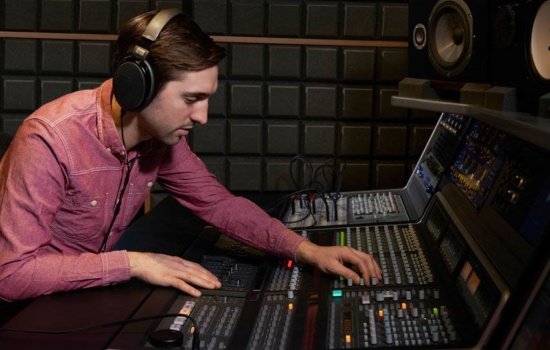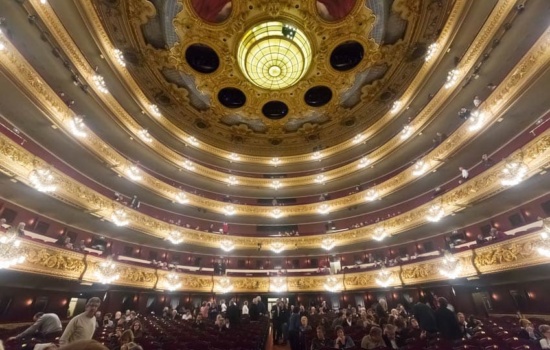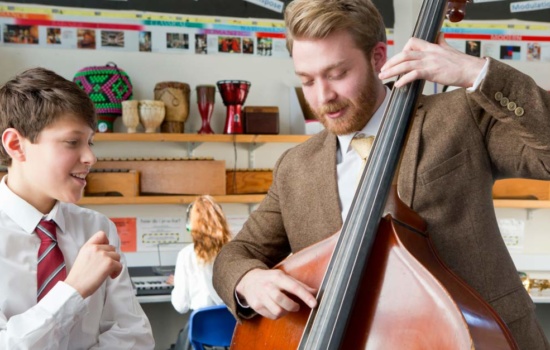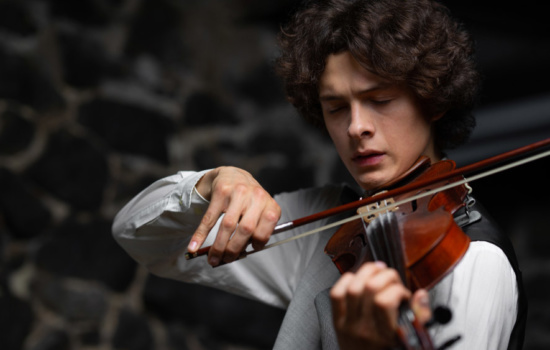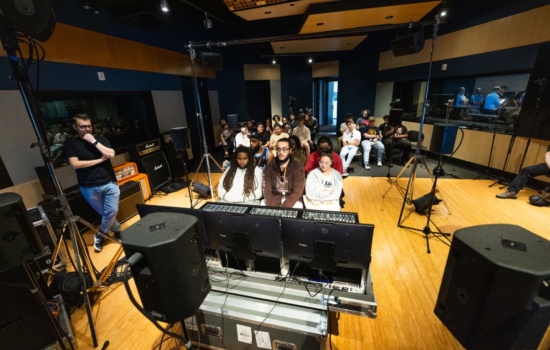Location: Philadelphia, PA
The Curtis Institute of Music is one of the smallest colleges in America, and certainly one of the most intimate conservatories, especially when looking at those that are known around the world. The Institute only teaches under 200 students at a time, but that certainly doesn’t mean it has a tiny reputation.
In fact, Curtis Institute of Music alumni may have made the greatest impact for the smallest classes, as they have gone on to win Grammys, perform in symphonies all around the globe, and teach in most of the other highest-rated conservatories.
Learning in an environment as intimate as the Curtis Institute of Music can be tough, but it also has its benefits. There is a greater opportunity to shine, to forge close relationships with many classmates, and certainly to work one-on-one with Professors and fellow musicians, which is perhaps more useful for those who attend conservatories than any other type of higher education option.
Also, while the school may be small, Philadelphia is a lovely city, and there will be countless chances to get out beyond the walls of the Curtis Institute of Music and explore, meet other people, and live a full, completely-rounded life.
Curtis Institute of Music









